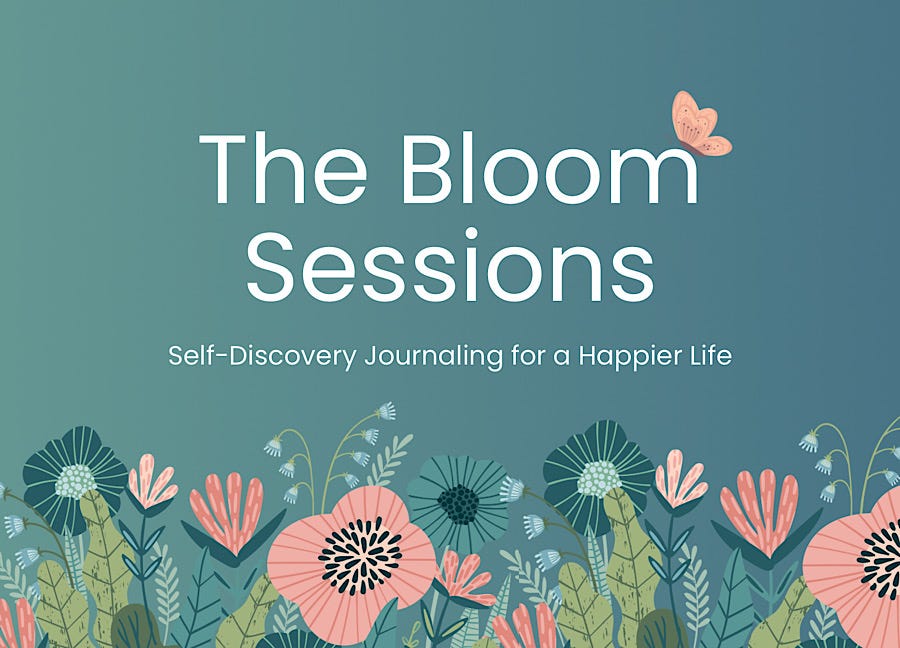From Imposter Syndrome to Owning Your Worth
The world needs your ideas and lovely company. The Bloom Sessions 🌱🌷
I’m Kate, a therapist helping you explore your inner world to release unhelpful patterns, challenge limiting beliefs and foster healing and personal growth. It’s time! The Bloom Sessions are out on Fridays at 10am GMT.
Hi friends
Before I started writing these letters, it took a long time to be able to put pen to paper. Decades if I’m totally honest, as I dreamed of being a writer from the age of 15. Why would anyone read my work? Even though I had good feedback, qualifications to Masters level in my subject, oodles of passion, experience and commitment, it still took a long while to imagine there could be a place for me here. They are all better than me. I don’t belong. I’m not a real writer. Don’t be embarrassing. I feared that no one would be interested, and it would be another failure added to my pile.
What people don’t realise is that imposter syndrome is just a cognitive process.
How Impostor Syndrome Shows Up
An internal process that can lead to anxiety, stress, low self worth and a fear.
The feeling of being a fraud, despite all your hard work, skills or qualifications.
Believing you don’t deserve success.
Feeling you don’t belong.
Feeling not good enough, not truly qualified, even though your track record, evidence and how others experience you says otherwise.
Believing others will "find out" you’re not as competent as they first think.
Not trusting that you can ride out mistakes, challenges, or responsibility, when you can.
The false stories keep us stuck in a stifling ‘comfort’ zone.
It may protect us from risking the judgment of others, but the price is much worse.
It prevents you pursuing new opportunities, promotions, new projects, friendships, relationships, or joining classes you might enjoy.





